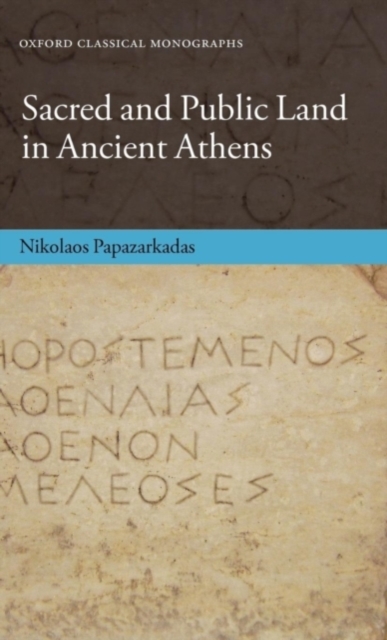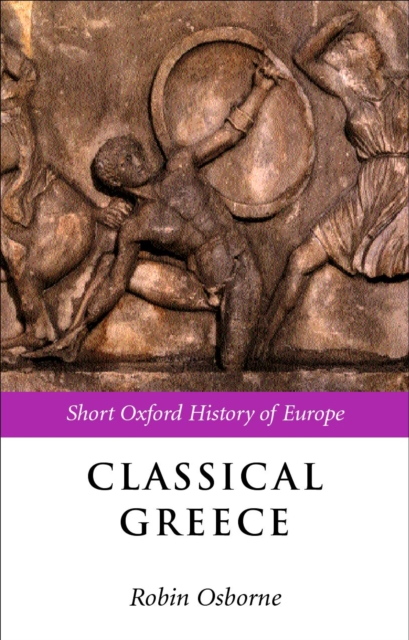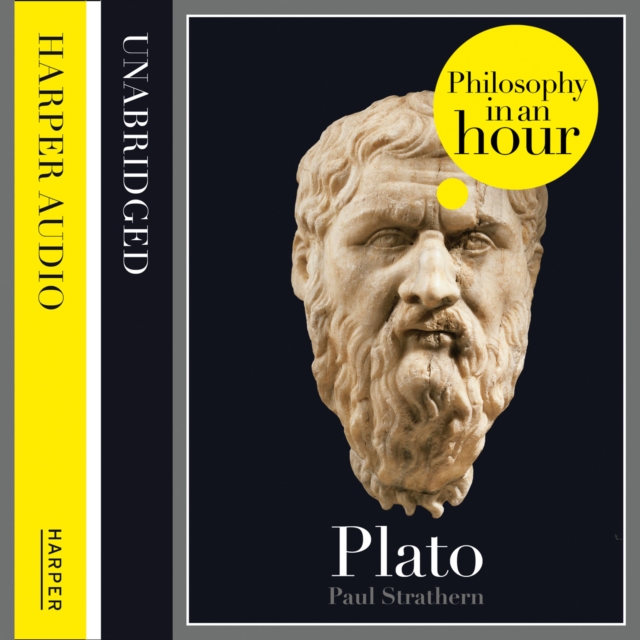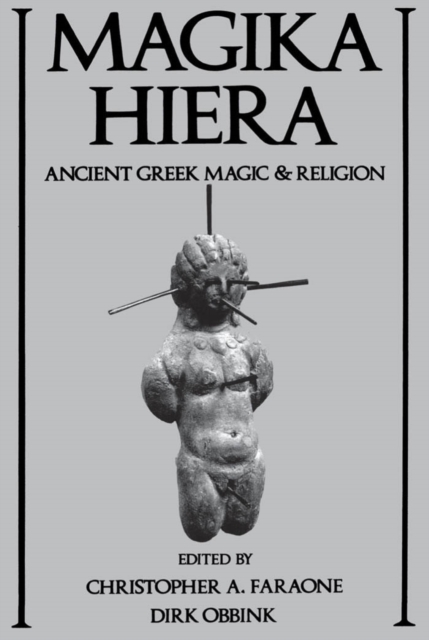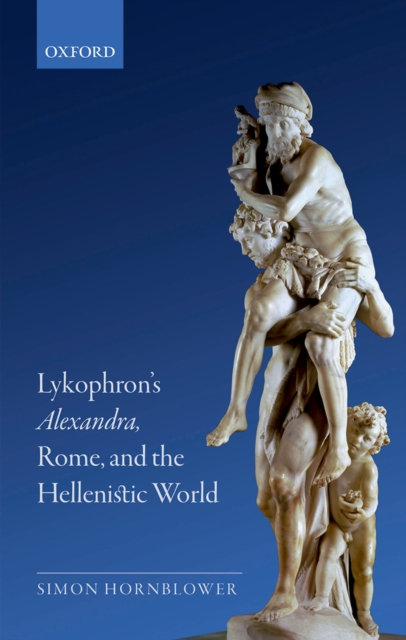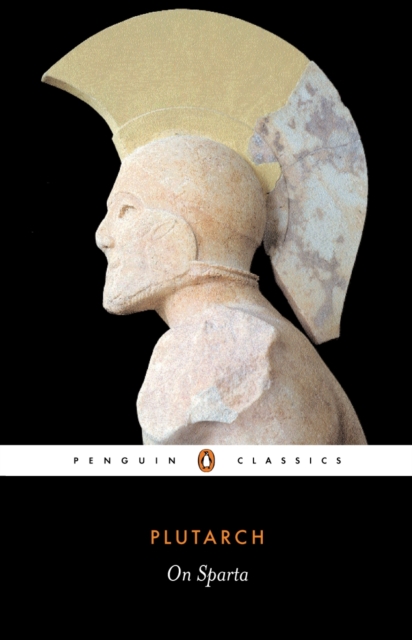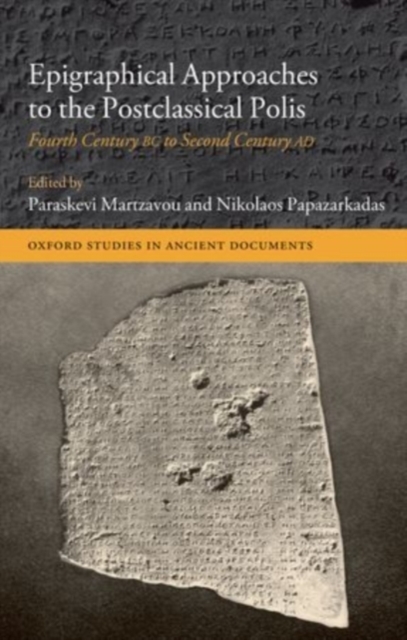Landed wealth was crucial for the economies of all Greek city-states and, despite its peculiarities, Athens was no exception in that respect. This monograph is the first exhaustive treatment of sacred and public - in other words the non-private - real property in Athens. Following a survey of modern scholarship on the topic, Papazarkadas scrutinizes literary, epigraphic, and archaeological evidence in order to examine lands and other types of realty administered bythe polis of Athens and its constitutional and semi-official subdivisions (such as tribes, demes, and religious associations). Contrary to earlier anachronistic models which saw sacred realty as a thinly disguised form of state property, the author perceives the sanctity of temene (sacredlandholdings) as meaningful, both conceptually and economically. In particular, he detects a seamless link between sacred rentals and cultic activity. This link is markedly visible in two distinctive cases: the border area known as Sacred Orgas, a constant source of contention between Athens and Megara; and the moriai, Athena's sacred olive-trees, whose crop was the coveted prize of the Panathenaic games. Both topics are treated in separate appendices as are several other problems, not leastthe socio-economic profile of those involved in the leasing of sacred property, emerging from a detailed prosopographical analysis. However, certain non-private landholdings were secular and alienable, and their exploitation was often based on financial schemes different from those applied in the caseof temene. This gives the author the opportunity to analyze and elucidate ancient notions of public and sacred ownership.
Get Sacred and Public Land in Ancient Athens by at the best price and quality guranteed only at Werezi Africa largest book ecommerce store. The book was published by and it has pages. Enjoy Shopping Best Offers & Deals on books Online from Werezi - Receive at your doorstep - Fast Delivery - Secure mode of Payment
Digital Rights Management (DRM)
The publisher has supplied this book in encrypted form, which means that you need to install free software in order to unlock and read it.
Required software
To read this ebook on a mobile device (phone or tablet) you'll need to install one of these free apps:
To download and read this eBook on a PC or Mac:
-
Adobe Digital Editions
(This is a free app specially developed for eBooks. It's not the same as Adobe Reader, which you probably already have on your computer.)
 Jacket, Women
Jacket, Women
 Woolend Jacket
Woolend Jacket
 Western denim
Western denim
 Mini Dresss
Mini Dresss
 Jacket, Women
Jacket, Women
 Woolend Jacket
Woolend Jacket
 Western denim
Western denim
 Mini Dresss
Mini Dresss
 Jacket, Women
Jacket, Women
 Woolend Jacket
Woolend Jacket
 Western denim
Western denim
 Mini Dresss
Mini Dresss
 Jacket, Women
Jacket, Women
 Woolend Jacket
Woolend Jacket
 Western denim
Western denim
 Mini Dresss
Mini Dresss
 Jacket, Women
Jacket, Women
 Woolend Jacket
Woolend Jacket
 Western denim
Western denim
 Mini Dresss
Mini Dresss



